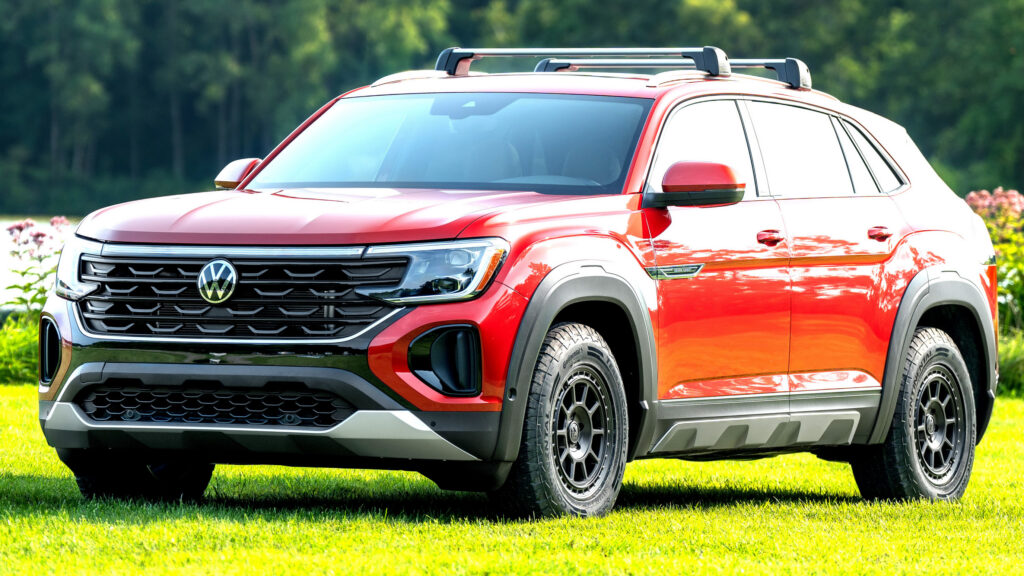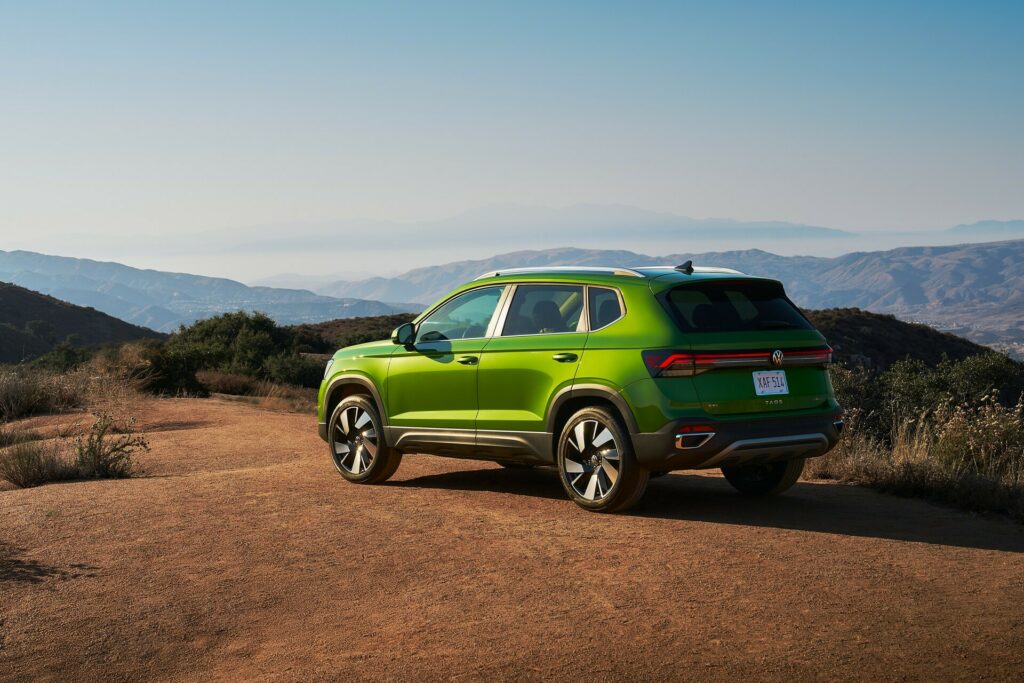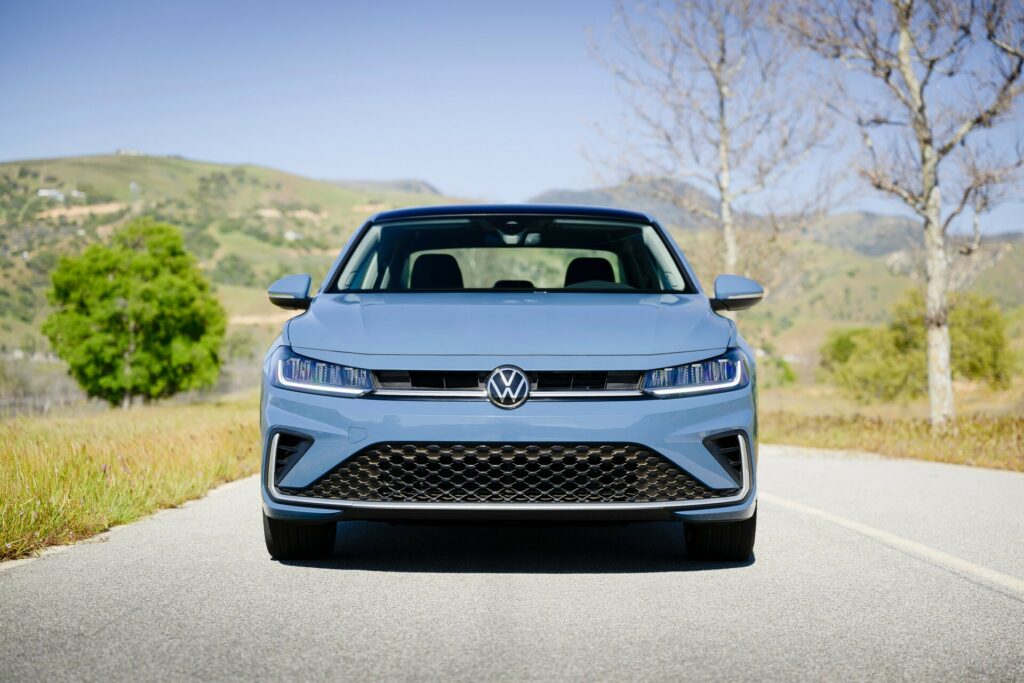
- VW raised 2026 model prices by up to 6.5 percent across popular models.
- The 2026 Golf GTI now starts at $35,865 following a $2,195 price increase.
- Company also added an extra $50 to its shipping charge for all 2026MYs.
Shoppers eyeing a new Volkswagen in the United States will have to brace themselves, as the German brand has raised prices across much of its lineup. Several 2026 models are now up by as much as 6.5 percent, a move that appears designed to absorb some of the impact from President Donald Trump’s tariffs, even if the company doesn’t directly say so.
var adpushup = window.adpushup = window.adpushup || {que:[]};
adpushup.que.push(function() {
if (adpushup.config.platform !== “DESKTOP”){
adpushup.triggerAd(“0f7e3106-c4d6-4db4-8135-c508879a76f8”);
} else {
adpushup.triggerAd(“82503191-e1d1-435a-874f-9c78a2a54a2f”);
}
});
The 2026 Jetta, Taos, Golf GTI, Golf R, Atlas, and Atlas Cross Sport are all affected, with prices rising between 2.9 and 6.5 percent. The steepest jump belongs to the Golf GTI, which now opens at $35,865. That figure represents a $2,195 increase over last year, or 6.5 percent more.
Rising Costs for Hot Hatches
The higher-performance Golf R has not escaped either. Its sticker climbs by 4.97 percent, adding $2,405 to the base price and pushing the entry point into new territory at $50,730.
Read: Trump’s Tariffs Are Crushing VW’s Bottom Line Harder Than GM’s
Elsewhere in the lineup, Auto News reports the 2026 Jetta starts at $25,270, a $1,050 increase over 2025. Similarly, the entry-level Taos is now priced from $27,975, $1,055 more than last year. VW has also jacked up prices of the base Atlas SE by 2.9 percent to $40,785 and the Atlas Cross Sport by 3 percent, meaning it now starts at $39,775.
Even shipping costs have been tweaked upward, with Volkswagen adding $50 across all 2026 models.
Volkswagen currently builds three vehicles at its Chattanooga plant, including the Atlas, Atlas Cross Sport, and the electric ID.4. However, both ICE SUVs rely on engines shipped in from Mexico, making those parts subject to the tariffs now reshaping VW’s U.S. pricing.
var adpushup = window.adpushup = window.adpushup || {que:[]};
adpushup.que.push(function() {
if (adpushup.config.platform !== “DESKTOP”){
adpushup.triggerAd(“bb7964e9-07de-4b06-a83e-ead35079d53c”);
} else {
adpushup.triggerAd(“9b1169d9-7a89-4971-a77f-1397f7588751”);
}
});

Careful Balancing Act
Speaking earlier this month at the IAA Mobility show in Munich, VW Group chief executive Oliver Blume stressed caution over the increases. “We have to do it carefully. We can’t push all that we are losing onto our customers and in one segment,” he said.
While the price hikes aren’t welcome news for buyers, things could have been worse. VW is being hit with tariffs as high as 27.5 percent on vehicles it imports from Mexico and Germany, and it could have very easily passed more of this onto buyers.
The silver lining is that tariffs on European Union-built models are expected to fall to 15 percent once a new trade deal is finalized, bringing at least some relief in the near future.
var adpushup = window.adpushup = window.adpushup || {que:[]};
adpushup.que.push(function() {
if (adpushup.config.platform !== “DESKTOP”){
adpushup.triggerAd(“b25ecba7-3bbb-4ea7-a3a8-dbea91695c07”);
} else {
adpushup.triggerAd(“e46c436a-adeb-4b5e-a2c7-56bc36561c10”);
}
});

#Jacked #Prices #2026MY

